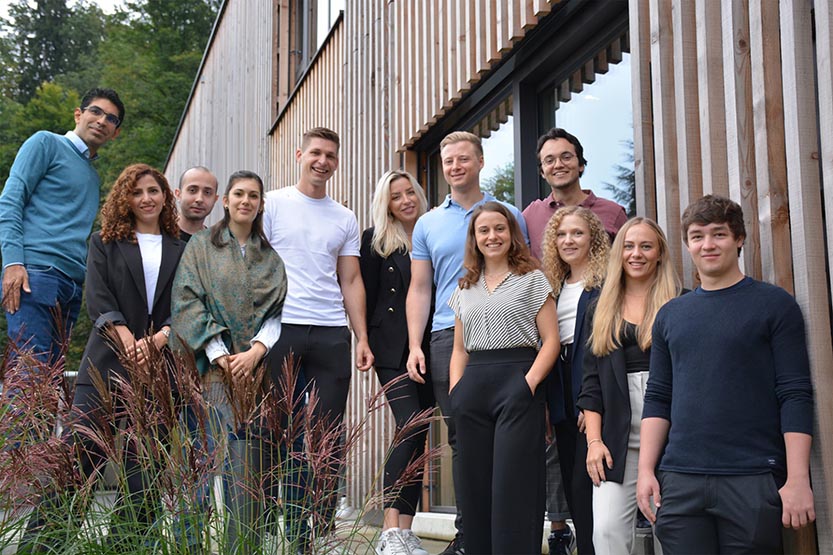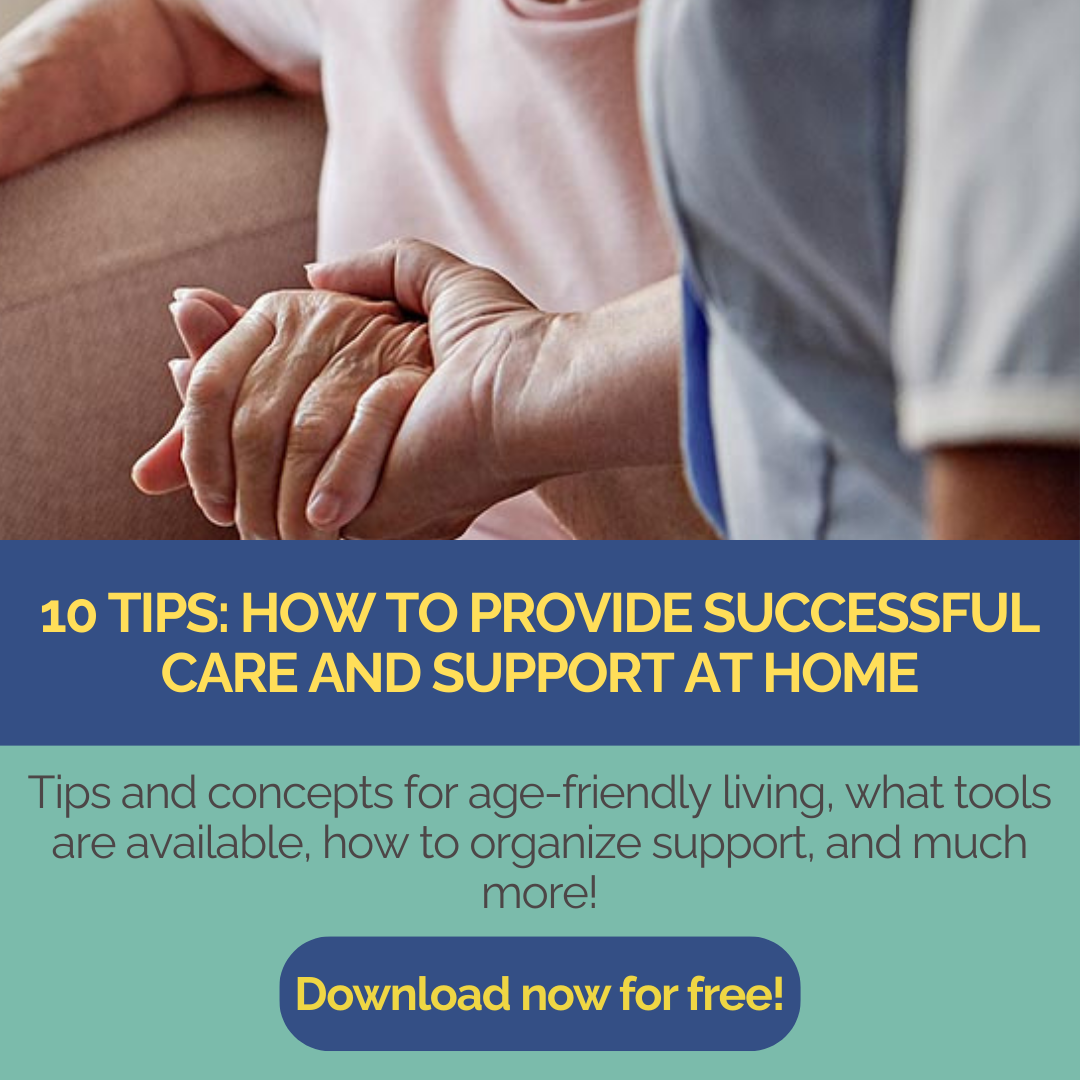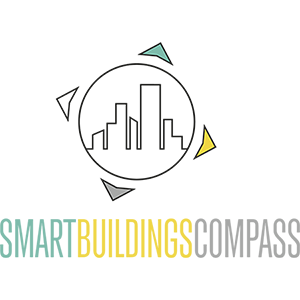Dieser Beitrag ist auch verfügbar auf:
Deutsch
Due to the shortage of skilled workers, care will increasingly be provided at home. Digital solutions help to manage home care together with relatives. The Austrian HerzensApp was launched in March of this year to tackle this challenge. Co-founder Oliver Wimmer in an SBC interview.
Why we are addressing this topic:
- The challenges in the care sector are huge – worldwide. Europe and Asia are ageing, but the problems in care are also evident in the USA. The reasons lie in a combination of demographic change and a worsening shortage of skilled workers. There are more and more people who need care and far too few people who are interested in a job in the care sector.
- This development means: There are too few places in care facilities, so more care will (have to) be provided at home. The family becomes responsible again – and not only in Europe, but also in the USA, for example, as our interview partner explains.
- Nursing care has long been associated with poor pay and adverse working conditions. A solution can only be found through continuous improvement, and the key to this is (also) digitalization and technological development.
- Innovations such as the HerzensApp offer patients, nursing staff, care providers and relatives new possibilities in communication and care documentation, for example.
SBC: You recently presented your HerzensApp – a new software for finding, planning and implementing care and 24-hour care at home. How are you doing so soon after the start?
Wimmer: We’ve been on the road a lot in the last few months. In Germany, Slovenia, and we have just returned home after 11 days in the USA, or more precisely in Silicon Valley. We were able to pitch directly at Stanford, i.e. present our company to many researchers. It was great fun and also brought us a lot.
SBC: What impressions did you take away from the USA?
Wimmer: The same problems exist in home nursing care in the USA as here. We spoke to one of the five largest care providers in the USA. Its 40,000 nurses care for and look after 150,000 people a day. The company now has to turn down 70% of requests because demand is greater than supply.
We have used the term home care in the discussions. But many of our discussion partners were still not very familiar with the term. This was often not tangible – even though 7 out of 10 families in the USA organize the care of their parents and grandparents themselves. If you are not confronted with this task, then, in my opinion, care is not yet an issue.
We also see this as part of our task: we talk about the challenges, but also the solutions. Everyone should know that if you have a care case in your family, you can download the HerzensApp to organize your care and view your current state of health at any time.
SBC: Can the HerzensApp theoretically be used in the USA?
Wimmer: Yes, it can be used worldwide and in 16 languages. We are currently focusing on the European market, but never say never.

SBC: Let’s take a closer look at your heart app. How does it support care and how much does it cost for consumers?
Our app is free of charge for consumers, as maintenance already costs them enough money. And it will stay that way, because the caregivers and agencies benefit the most from more efficient documentation and communication. For this reason, we also consider it justified that only the care companies pay for use.
The Family App gives relatives an overview of care work at all times and allows them to chat with care staff and the care agency in compliance with data protection regulations. Although we do not yet have a network with the doctors, the dashboard also gives them a good overview of the current state of health of those affected and what measures have been taken in care.
One feature that is really often used is language-independent communication. The family communicates in German, for example, and the caregiver reads it in Romanian or Croatian – and vice versa. There are also often situations in nursing where people don’t get along. Simply speak into the app, which is then translated and played aloud in the desired language for the patient and family.
SBC: And what are the advantages for the nursing staff and agencies?
Wimmer: Nursing staff document their entire working day with the HerzensApp. We have received feedback from the market that our app is much more time-efficient than other software solutions. One customer timed us: “The anamnesis takes 17 minutes with our app, other solutions can take 1.5 hours. This saves them time, which they can devote to their clients while maintaining the same level of quality. Studies show that care documentation sometimes takes up more time than working with people. This is madness!
We also discovered by chance that we had developed a very good solution for self-employed nursing staff. We notice this in the fact that we have more and more self-employed people as users.
And last but not least, the care agency has an overview in a management portal of how long its caregiver has spent with which family and with which activities. This is important for scheduling and billing in the company.
SBC: This also gives families an overview of the costs. This is because nursing staff in Austria cost different amounts depending on their training. In view of the high cost of care, keeping an eye on this is an important point – also for families.
Wimmer: We work according to the principle of trustworthy homecare. Transparency is one of the essential means of creating trust. And of course communication. This is what unites us in the company.
Thank you for the interview!
About the HerzensApp
The HerzensApp offers families an insight into care support and documentation regardless of time and place. A simplified search for caregivers is also available for Austria. Care and support agencies can significantly reduce their administrative workload and administrative costs, leaving more time for the actual care work. More about the company and the app at herzens.app
Author: Anja Herberth
Chefredakteurin















